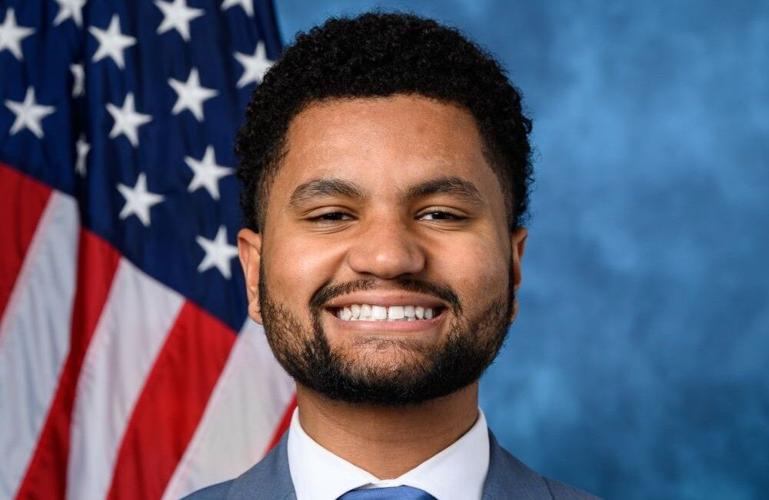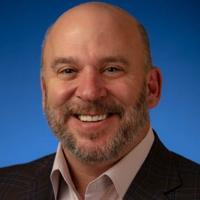
Maxwell Frost
Citizens Property Insurance Corp. has rebuffed Florida Rep. Maxwell Frost’s criticism of the state-run insurer’s use of arbitration to resolve disputed claims – a process the congressman has said deprives policyholders of their rights to appeal claim rejections.
In a Sept. 11 letter to Gov. Ron DeSantis and other Florida officials, Frost said Citizens’ requirement that disputed claims decisions be resolved by the Florida Division of Administrative Hearings (DOAH) strips policyholders of litigation rights afforded to those who purchase property insurance policies in the private market.
“The 2023 requirement that Citizens policyholders resolve all claims disputes through arbitration harms Citizens policyholders by depriving them of the opportunities that private policyholders have to litigate their claims and appeal if they lose,” Frost, a member of Congress’ Committee on Oversight and Government Reform, said in the letter. “Such a disparity could have been prevented and should have been discussed in the legislative process.”
The congressman indicated that during the first half of this year, 20 out of 29 total cases before DOAH were resolved in favor of Citizens, with nine cases withdrawn by petitioners.
“Alarmingly, it appears that Citizens policyholders are losing nearly 100% of their cases in the arbitration proceedings,” Frost said.
Citizens, however, disputes the congressman’s numbers. Responding to a query about Frost’s letter, Florida’s insurer of last resort referred the Florida Record to comments made by its CEO, Tim Cerio, during a Citizens Board of Governors meeting last week.

Cerio
Cerio said the criticisms put forth by Frost and others were part of a coordinated campaign by trial lawyers and their allies.
“Over the last year or year and a half, what we have seen -- and I don't think it's melodramatic to say this -- we have seen an assault by misinformation being waged by certain plaintiffs’ attorneys and plaintiffs’ groups on Florida's insurance reforms, including the ability of Citizens to send cases to DOAH," he said.
Cerio stressed that he was speaking about attorneys who have promoted frivolous and fraudulent litigation rather than all plaintiffs’ attorneys. Attorneys who profited from the system in place prior to recent legal reforms designed to stabilize the state’s insurance market are now earning less than in their heyday, he said.
“These voices cannot now be allowed to cry foul and undo all the good work that's been done,” Cerio said.
Frost’s letter provided no evidence that an individual case was decided inaccurately, according to the Citizens CEO, who indicated that only 1% of Citizens’ claims have been referred to DOAH since its inception and that 89% of Citizens’ cases are resolved voluntarily prior to a final DOAH hearing.
DOAH hearings, moreover, reduce attorney fees and require a resolution in less than 90 days, as opposed to two to three years in civil litigation, he said.
“Many plaintiff’s counsel oppose DOAH because they cannot earn as large a fee as in state court because the litigation is no longer protracted,” Cerio said in a PowerPoint discussion at the Citizens board meeting.
He called the DOAH process a constitutional, fair and impartial way to resolve disputed claims. Cerio also stressed that being a nonprofit entity created by the state, Citizens has no financial incentive to deny claims.
In the wake of legal reforms passed by the Legislature and signed by DeSantis, the number of policies handled by Citizens has decreased from more than 1.2 million on Aug. 31 of last year to less than 772,000 a year later – a 38% drop. At the same time, 17 new property insurers have entered the Florida market, reducing policyholders’ reliance on state-run Citizens.







